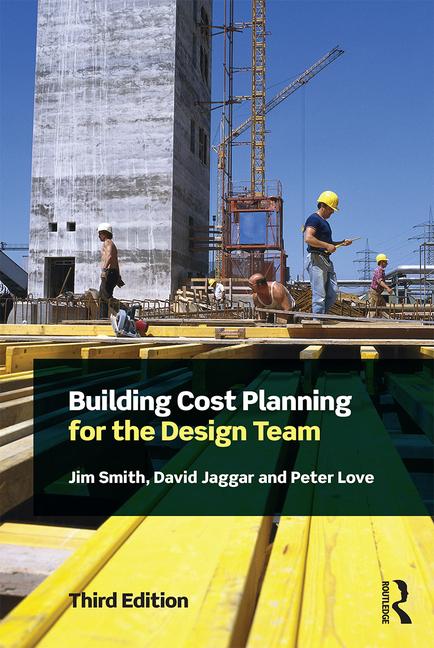On April 23, the Federal Trade Commission voted 3-2 to issue a new rule prohibiting the use of noncompete agreements for most U.S. workers. It is estimated that approximately 30 million workers are currently bound by such agreements, which prevent them from changing employers in their industry.
Background of the New Rule
The FTC asserts that noncompete agreements are bad for the labor market, discourage workers from starting their own businesses, and suppress salaries. The rule is part of the 2021 Executive Order on Promoting Competition in the American Economy.
Many industries—including manufacturing, construction, technology and healthcare—include noncompete language in their employment contracts. These agreements prevent workers from leaving one job and going to work for a competitor. They also prevent workers from using their industry knowledge to form a new company. A 2022 Department of Labor study estimates that at least 18 percent of U.S. workers are controlled by noncompete agreements. However, the Economic Policy Institute reported this closer to 50 percent.
For more than a century, noncompete agreements have been banned in California, North Dakota and Oklahoma. Also, in recent years, many states have prohibited such agreements for lower-paid and hourly workers.
Enact the Rule
The new rule is expected to go into effect in 120 days. At that time, any new noncompete agreements would be prohibited for all workers. For existing noncompete agreements, most would not be enforceable after the effective date. However, for senior executives, existing noncompetes would remain in place. Senior executives are defined as those earning more than $151,164 each year and holding policy-making roles. It is estimated that less than 1 percent of workers are categorized as senior executives.
Under the new rule, noncompete agreements will be illegal and employers are required to inform workers (other than senior executives) that any current agreements are void.
Benefits for Workers
According to the FTC, the new rule will offer a wide range of benefits. The agency estimates that the average worker will see earnings rise by more than $500 each year, totaling more than $400 billion in higher wages for U.S. workers during the next decade. It also expects as many as 8,500 new businesses to be formed each year, and it predicts a rise in innovation, with thousands of new patents being filed each year.
In addition, since fewer workers will find themselves between jobs, the FTC predicts that healthcare costs will be reduced by $74 to $194 billion in the next ten years.
FTC Chair Lina M. Khan says: “The FTC’s final rule to ban noncompetes will ensure Americans have the freedom to pursue a new job, start a new business or bring a new idea to market.”
Opposition to the Rule
While workers may welcome this news, business groups believe that the FTC has overstepped and will ultimately harm U.S. companies. The two FTC commissioners who voted against the rule argued that the agency does not have the power to cancel the millions of currently active contracts.
U.S. Chamber of Commerce CEO Suzanne P. Clark calls the new rule “a blatant power grab that will undermine American businesses’ ability to remain competitive.” The Chamber has vowed to challenge the decision in court.
No doubt, many companies are concerned since noncompete agreements help protect their confidential information and trade secrets.
Final Thoughts
It will be interesting to see how this rule fairs in litigation. It is possible that a lower court could negate the new rule, and the matter could go as far as the U.S. Supreme Court. In 2022, the Supreme Court asserted the “major questions doctrine,” essentially saying that if a federal agency wants to solve a significant political or economic problem, it must have congressional support. We may see a similar argument in opposition to the ban.
The information contained in this article is for general educational information only. This information does not constitute legal advice, is not intended to constitute legal advice, nor should it be relied upon as legal advice for your specific factual pattern or situation.



